- Joined
- Oct 3, 2013
- Messages
- 11,518
- Reaction score
- 4,788
- Location
- Louisville, Nebraksa - United States
- Can others edit my Photos
- Photos OK to edit
Brand is mostly a matter of which tool you like better. Features are also mostly a matter of personal preference. You have to try them to find out which you like better. As light recording tools, all DSLRs are capable of recording amazing images. Remember the camera is just a tool that records what you tell it to; it doesn't make good or bad images. If you don't know how to do something, equipment won't change that. Once you know how to make a good picture, even an entry-level DSLR can do well.
This is why all the top pros shoot the Nikon D3100. At the Olympics, at press events, at Hollywood red carpet events, and in war zones, the Canon T3i and Nikon D3100 are the tools people rely on, along with 18-55 f/3.5~5.6 kit zooms, and for the big-lens stuff, the plastic-barreled 55-200mm f/4.5~5.6 lenses have the reach and the speed to take on any task. ;-)
Derrel.. sheesh. Ok, again you forgot to give props to the guy using the D40. Your starting to hack his mom off buddy.. lol


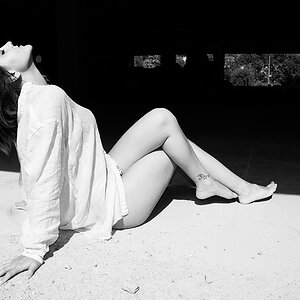
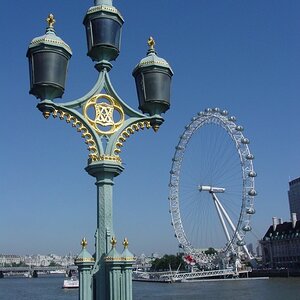
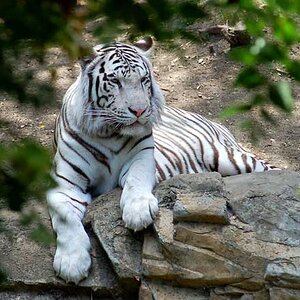

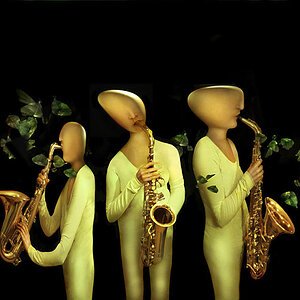
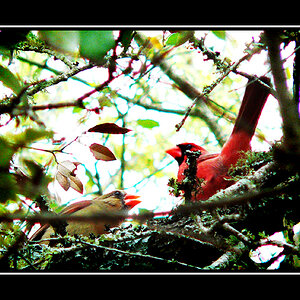
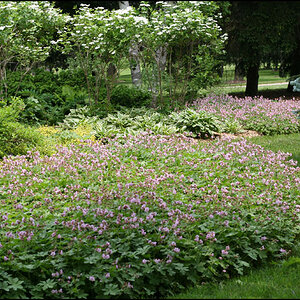
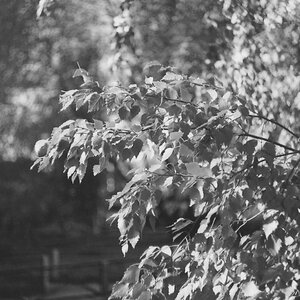
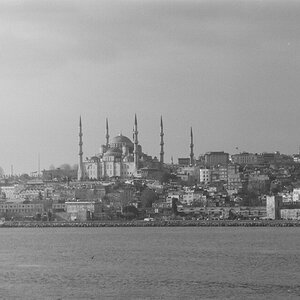
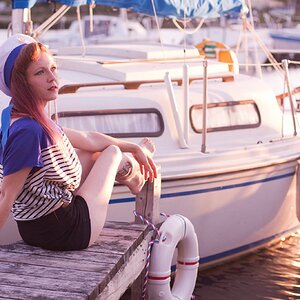
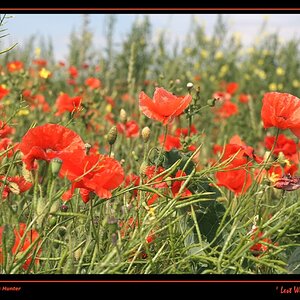
![[No title]](/data/xfmg/thumbnail/40/40301-fa48a5125a6849a0a400dff1599c4b30.jpg?1619739412)